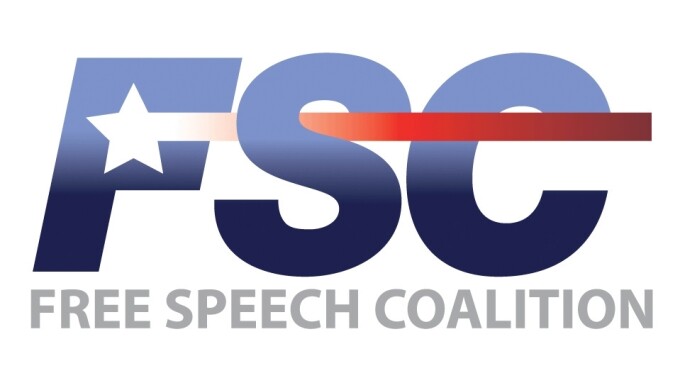LOS ANGELES — The Free Speech Coalition, the adult entertainment industry’s trade association, released a statement tonight regarding recent performer deaths.
The FSC, in a statement titled, "The Enormity of Our Loss and Resources for Those Struggling,’’ said the following:
Over the past several months, five adult performers have lost their lives, either through overdose or suicide.
Each loss has shocked and stunned our community. While each situation is different and unique the totality of loss is heartbreaking. In each case, the same questions have arisen. Could we, as a community, have done more? How can this be prevented in the future? Is the relationship to their work incidental, or particular to their life as adult performers?
Sex workers face struggles, from housing discrimination to social media vitriol, that few outside the industry can comprehend. Many of us struggle with mental health and depression, but sex workers face outright stigma and judgement when seeking help. Even progressive health professionals can pathologize sex work as a symptom, demanding that they give up their work if they are to ever be “healthy.” We see police dismiss their criminal complaints, families disowning them and recovery centers treating sex work as yet another addiction to be overcome.
While technological changes in the industry have empowered some, it also means we have an increasingly diffuse workforce, with many performers juggling multiple income streams, sometimes isolated from a larger community. There is no central point of entry, because the variety of work done — from studio shoots to cams to clips —which means that outreach about resources and rights is more difficult than ever before.
And, as with the entire industry, the availability of free content has meant that the work they do is less profitable.
Over the past year, we’ve seen performers attacked or dismissed on issues like assault and harassment, and legislation put forth that would make their work more dangerous, if not illegal. We’ve seen them banned from social networks, denied banking services, and prevented from fundraising.
To understand what is happening in our community, we must raise awareness of these issues, and the way they affect our workers mental health. A culture which isolates those seeking help, or which blames them for their own struggles, or refuses to hear their voices, or promotes financial instability is part of the problem.
Rather than addressing these large and very real issues, however, we’ve seen exploitation, victim-blaming and sex-shaming in the questions asked by those outside the industry— approaches which only re-stigmatize those who are grieving. We’ve seen privacy violations, personal attacks and politicization — hot takes that may increase traffic or retweets, but do little to solve the problem.
Those we have lost, and those who may be struggling, deserve better.
We do not have time to wait for the world outside to catch up. We must look out for our own, and work to provide resources. While the enormity of our loss can not be overstated, we can not let it paralyze us.
Over the past six months, FSC has have been building out resources for adult workers, and begun working with state agencies, mental health experts and performer groups, because we should and must be able to do more. In December, we hired our first MSW, Scarlett Sinn, to help connect performers to those resources.
With the addition of Scarlett Sinn, FSC’s Social Work and Health Systems Specialist, we are compiling resources, from sex-positive therapists and state-funded health to twelve-step groups and hotlines. We are working with APAC, the Department of Public Health and others to develop resources that address the needs of adult workers. We have listed these below, but we encourage anyone seeking resources or help to contact Scarlett directly — we can work to provide direct connections, from emergency medical care to support groups.
These resources live permanently on our website, and we will add additional resources to the list as they become available.
In addition, for those dealing with addiction issues, there is also a “sober porners” meeting during this years' conference in Las Vegas.
In the meantime, we ask that our community be vigilant for those who may be struggling, and that we treat each other with respect, dignity and compassion. There are challenges ahead, but if we come together as a community, perhaps we can forestall future tragedies.








